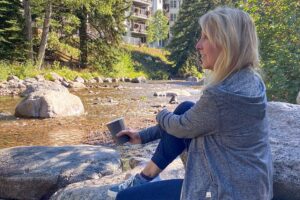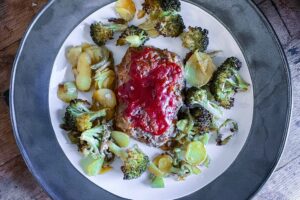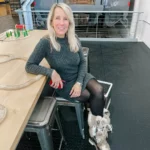It seems with every day, something else has emerged to make life easier for Americans. We can order our groceries and have them delivered, get our laundry done and even turn off our lights from the comfort of our couch. While not all convenience measures are bad, the overall goal to increase comfort and ease is, ironically, increasing our risk of chronic discomfort and disease.
Consider what life was like for generations before us.
Before we had artificial light, people lit their homes by candlelight, and slept and woke following the natural cycle of sunlight. Before we had dishwashers and washing machines, people did these chores by hand, working their body’s muscles.
If you consider our ancestors long ago, food wasn’t readily available, so humans were accustomed to fasted periods.
Today, food is always available and the average American is rarely in a fasted state when awake. The ability to cook well and knowledgeably, something that used to be considered a “life” skill, is no longer common. As a population, we’ve lost connection to our food, consuming mindlessly and eating for temporary satisfaction rather than satiety and nourishment.
Long ago, people walked and moved their bodies far more because it was the only option for daily life.
Most tasks required physical effort and work. Today, the average American spends the majority of their day sitting and live a sedentary lifestyle.
This year, we’ve experienced a pandemic.
While we can’t speak for everyone, the hashtag “#quarantinefifteen” should speak for itself in terms of how people have handled their health.
If the fear of a rampant virus doesn’t entice one to improve their health, what will? We can’t expect our government to lead our nation to better health. It has to come from the individual level.
We weren’t meant to be so comfortable all the time.
Our bodies need to be pushed to grow stronger. Our minds thrive from problem-solving and overcoming challenges. With adversity and scarcity comes resilience and innovation.
So, how do we avoid falling into a perpetual state of comfort and decline?
By choosing effort over ease. Becoming intentional about incorporating physical activity throughout our day. Making our own meal instead of ordering takeout or going to a restaurant. Playing and exploring outside instead of sitting on the couch and watching TV. Setting goals and striving for better, rather than staying inside our “comfort zone.” Attempting something that intimidates us so that we can experience the feelings of reward, pride and joy for what we just accomplished.







